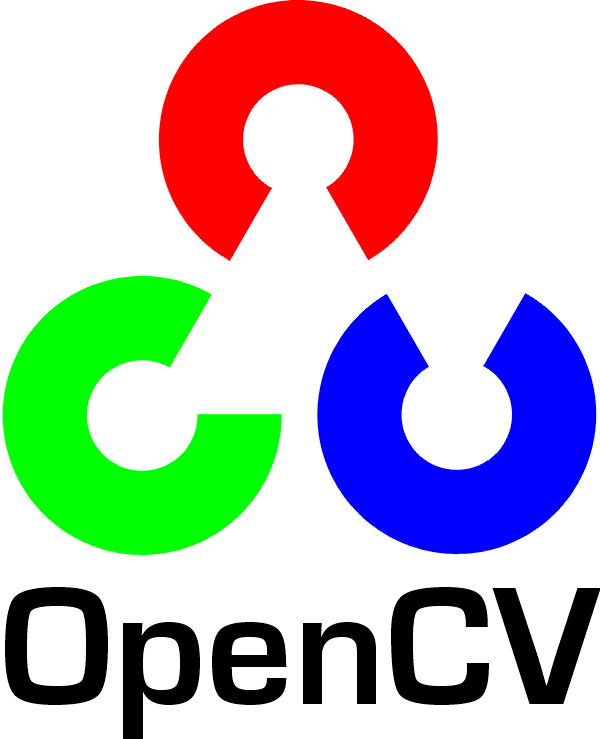Quick search
Table Of Contents
- Shape Distance and Common Interfaces
- ShapeDistanceExtractor
- ShapeDistanceExtractor::computeDistance
- ShapeContextDistanceExtractor
- ShapeContextDistanceExtractor::setAngularBins
- ShapeContextDistanceExtractor::setRadialBins
- ShapeContextDistanceExtractor::setInnerRadius
- ShapeContextDistanceExtractor::setOuterRadius
- ShapeContextDistanceExtractor::setShapeContextWeight
- ShapeContextDistanceExtractor::setImageAppearanceWeight
- ShapeContextDistanceExtractor::setBendingEnergyWeight
- ShapeContextDistanceExtractor::setImages
- ShapeContextDistanceExtractor::setCostExtractor
- ShapeContextDistanceExtractor::setStdDev
- ShapeContextDistanceExtractor::setTransformAlgorithm
- HausdorffDistanceExtractor
- HausdorffDistanceExtractor::setDistanceFlag
- HausdorffDistanceExtractor::setRankProportion
Previous topic
shape. Shape Distance and Matching
